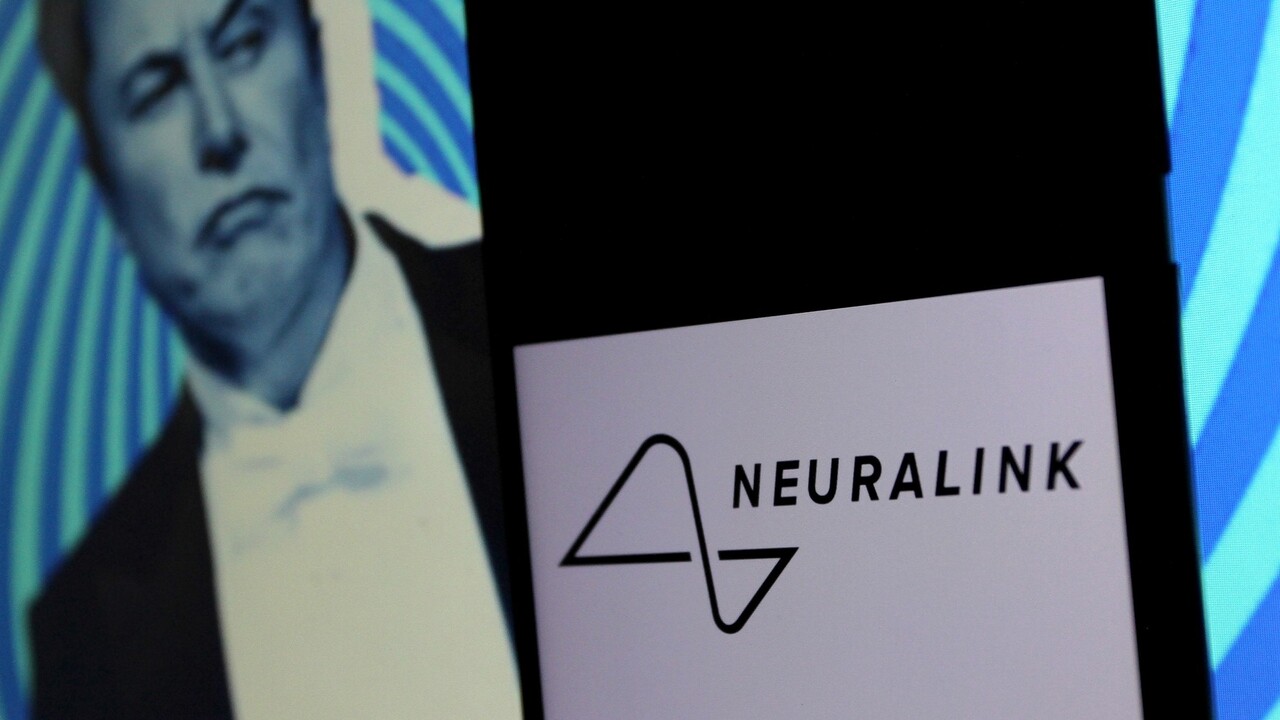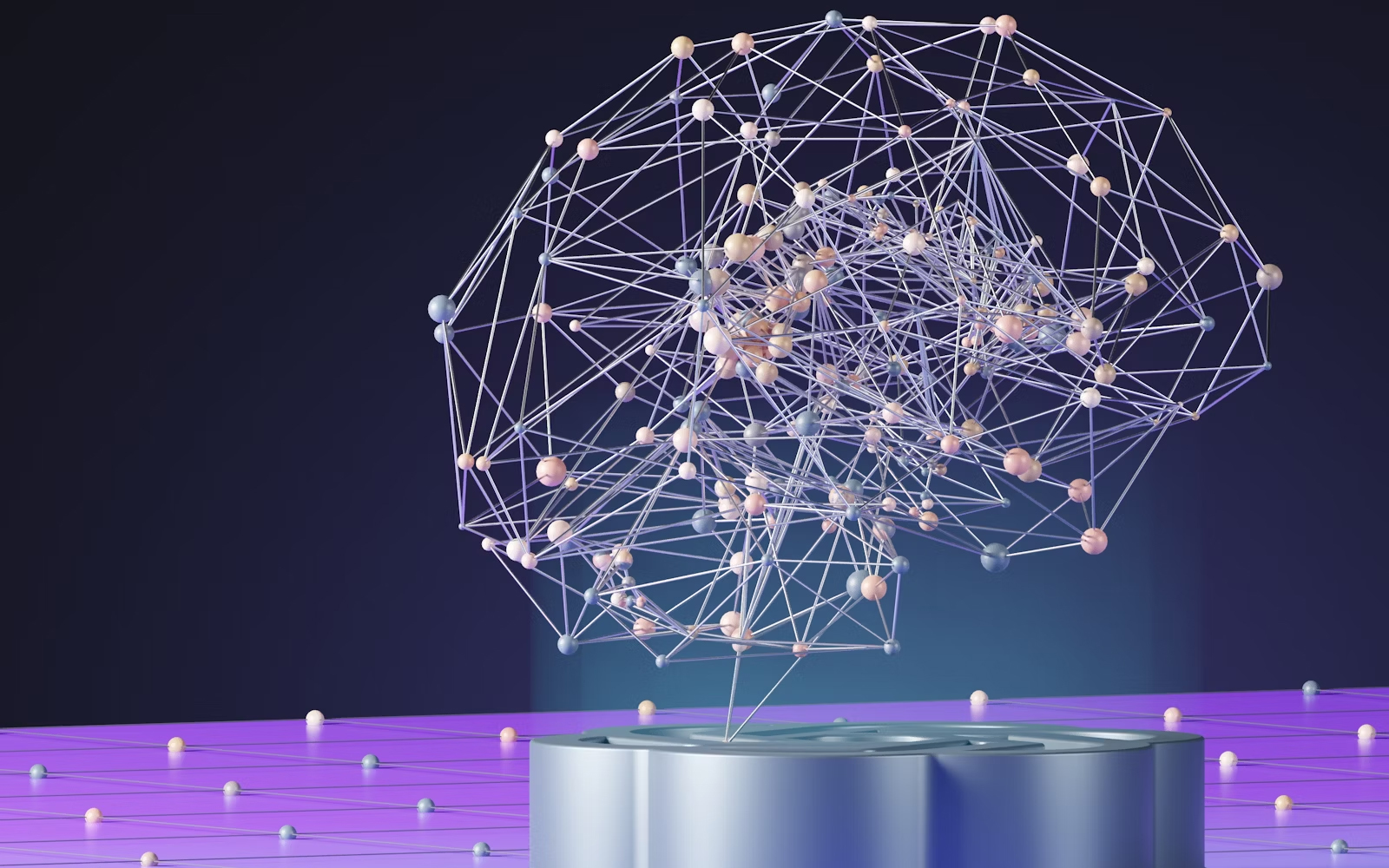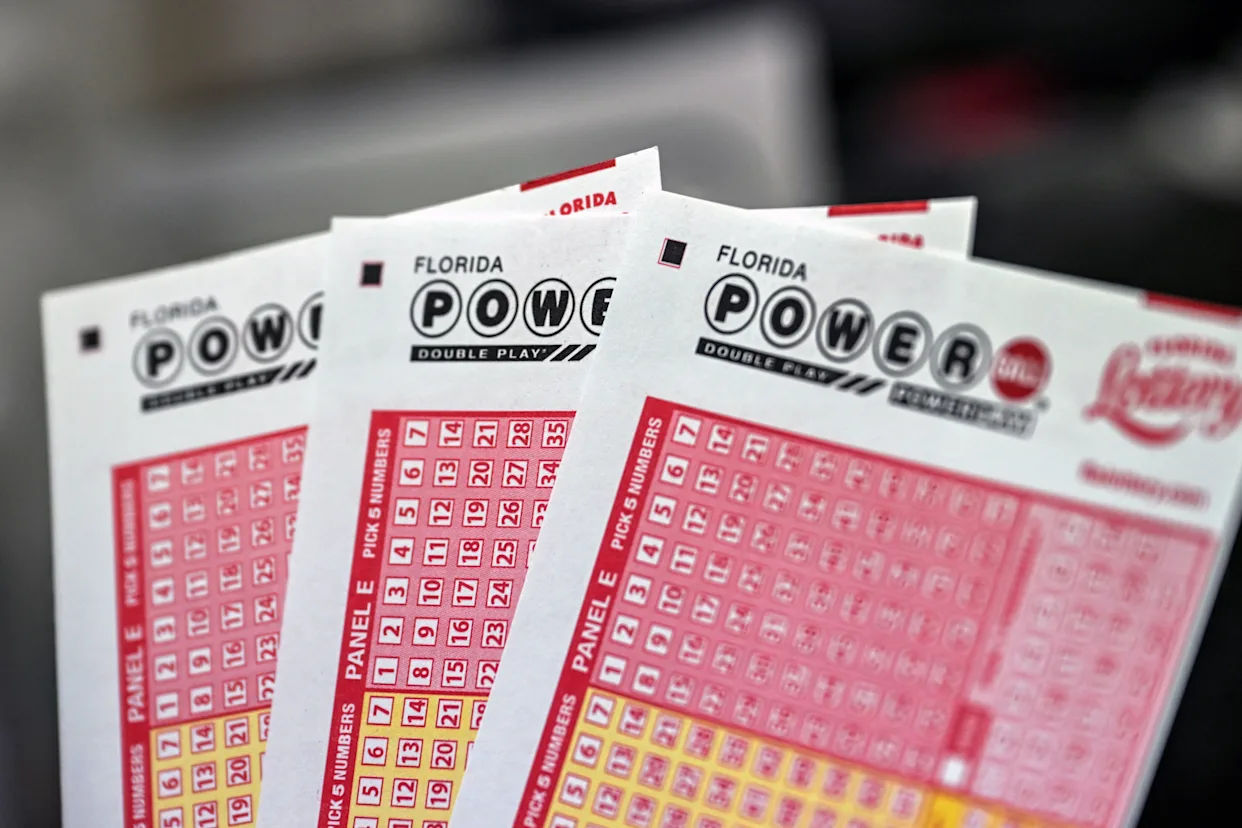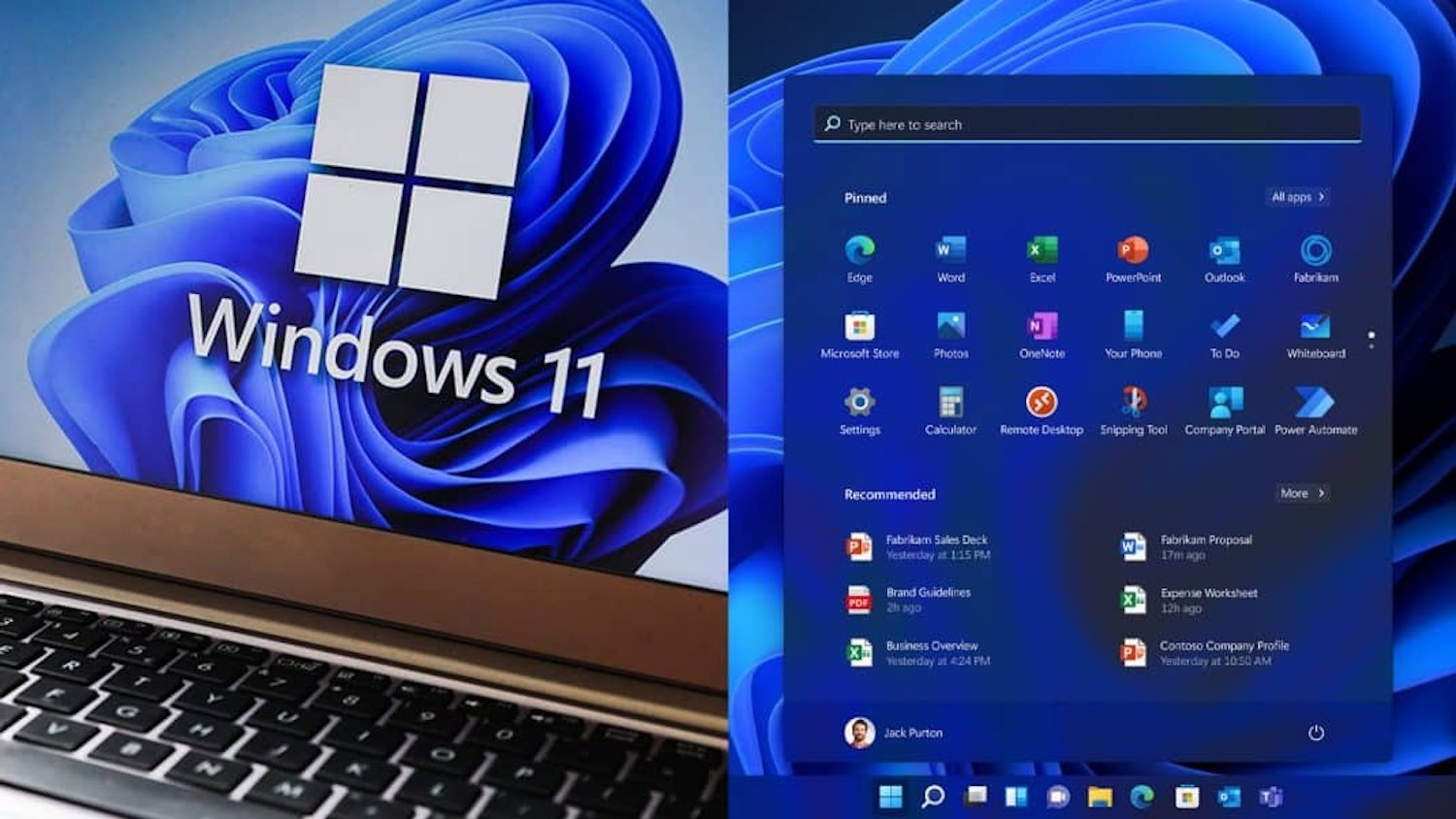
Just a few months ago, Elon Musk and his company Neuralink pushed the limits of the impossible by implanting a chip in the brain of a living human. The sensation was immediate, and the patient recovered exceptionally well, going home the day after the surgery. However, it wasn’t long before the patient began reporting initial problems, according to TASR.
The first person to receive a brain chip was Noland Arbaugh, who had become paralyzed from the shoulders down due to an “unfortunate diving accident.” A video displaying his capabilities after the implant circulated globally. In it, Arbaugh played chess on a laptop, controlling the cursor through the chip. But now, issues related to this capability have surfaced.
The patient began to experience difficulties in cursor movement, specifically a diminished ability to control it.

However, Neuralink quickly addressed the issue, with engineers even tweaking the recording algorithm to be more sensitive to neuron signals. Furthermore, they improved the techniques for translating these signals into cursor movements and enhanced the user interface. Therefore, it can be stated that the patient received his first enhancement package and update.
The Wall Street Journal, which first reported the chip issue, stated that the diminished cursor control abilities did not compromise Arbaugh. He was still able to use the implant for playing chess with his thoughts, though the response was likely diminished. However, after discovering that some fibers had detached from the brain, there was consideration given to possibly removing the implant from the patient.
Despite the incident sparking concerns about the technology’s reliability and safety for human health, it is praiseworthy that Neuralink and its engineers responded almost immediately, quickly resolving the patient’s issues and even enhancing his user experience.


